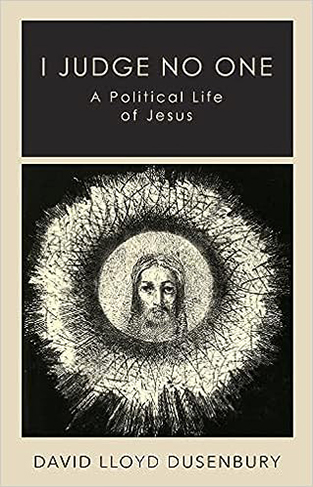Why was Jesus, who said ‘I judge no one’, put to death for a political crime? Of course, this is a historical question―but it is not only historical. Jesus’s life became a philosophical theme in the first centuries of our era, when ‘pagan’ and Christian philosophers clashed over the meaning of his sayings and the significance of his death. Modern philosophers, too, such as Immanuel Kant and Friedrich Nietzsche, have tried to retrace the arc of Jesus’s life and death. I Judge No One is a philosophical reading of the four memoirs, or ‘gospels’, that were fashioned by early Christ-believers and collected in the New Testament. It offers original ways of seeing a deeply enigmatic figure who calls himself the Son of Man. David Lloyd Dusenbury suggests that Jesus offered his contemporaries a scandalous double claim. First, that human judgements are pervasive and deceptive; and second, that even divine laws can only be fulfilled in the human experience of love. Though his life led inexorably to a grim political death, what Jesus’s sayings revealed―and still reveal―is that our highest desires lie beyond the political.











